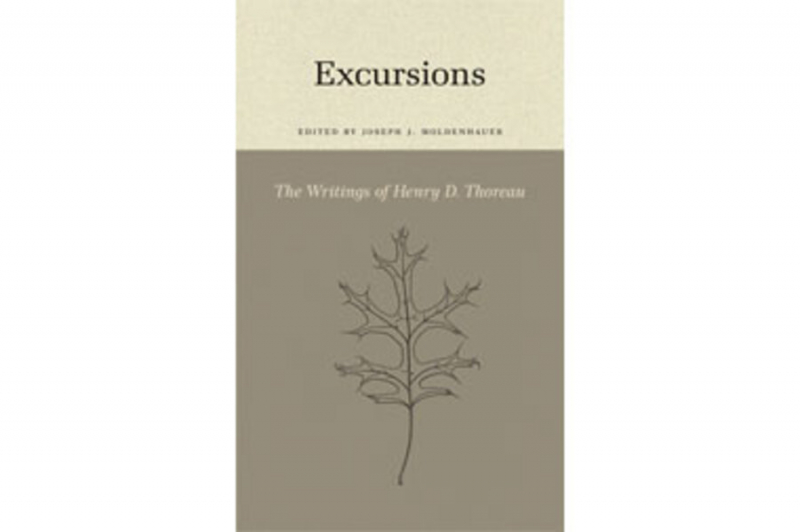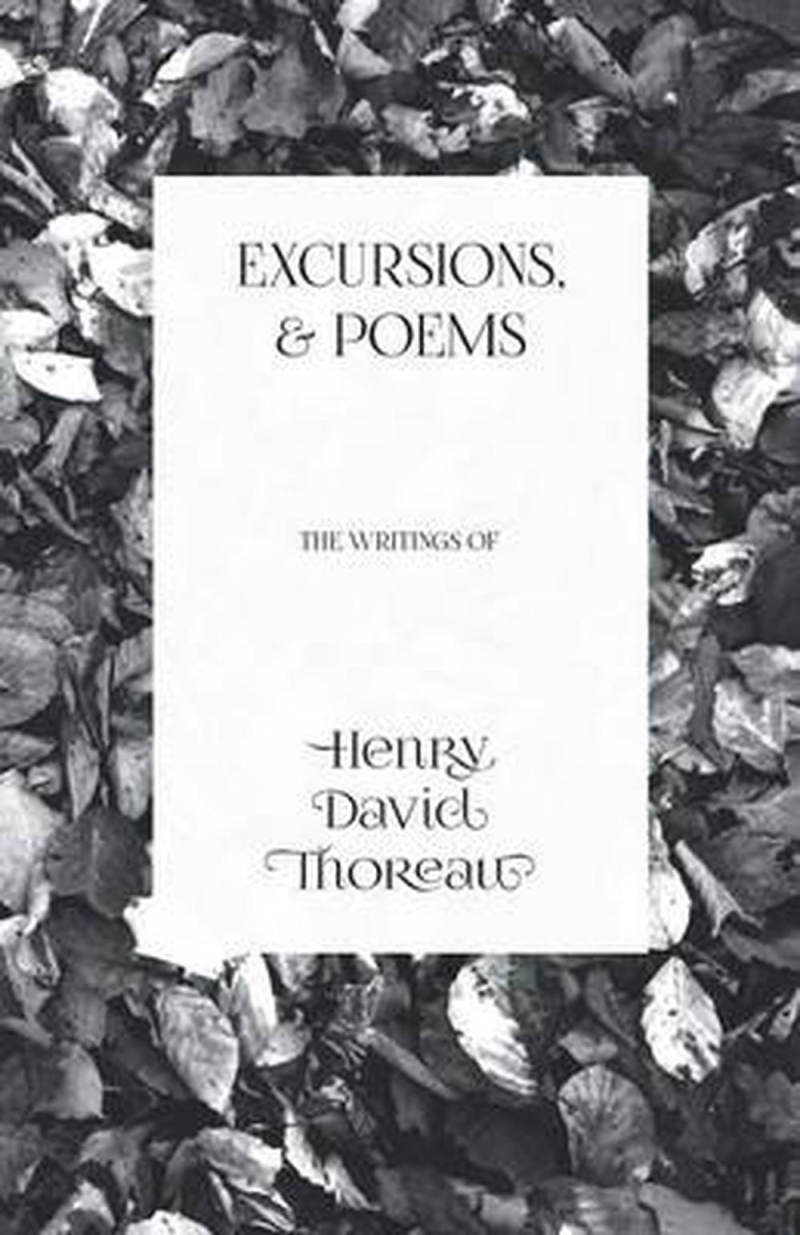Thoreau is recognized as one of the country's first environmentalists in His Excursions.
The pieces in it discuss things like how seeds spread and how New England's fall foliage looks. He was an early supporter of wilderness preservation as public land and of outdoor activities like canoeing and hiking. years past and legacy Despite having caught tuberculosis in 1835, probably aided by his employment at the family pencil factory, Thoreau stayed relatively healthy up until the time he trudged through a downpour to count the rings on a tree stump in 1859.
Thoreau's writing speed picked up as he appeared to realize the seriousness of his circumstances. Bedridden during the final months, he continued to dictate to his sister. Friends gathered together as the end drew near to say their final goodbyes. They were astounded by the peace that surrounded him, and one of them inquired, "Have you made peace with God?" And Thoreau answered, "We've never argued." Early on, Thoreau promoted recreational kayaking and hiking.
He was a pioneering conservationist who supported protecting public lands' wilderness and natural resources on private property. He valued a vegetarian diet since it was practical. He believed that consuming animals was wasteful, unhygienic, and ultimately required more energy from the independent person than it provided. He did not, however, strictly adhere to a vegetarian diet.









